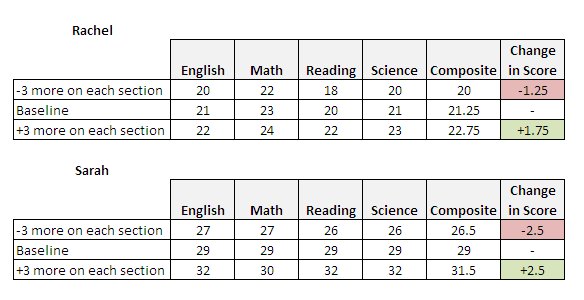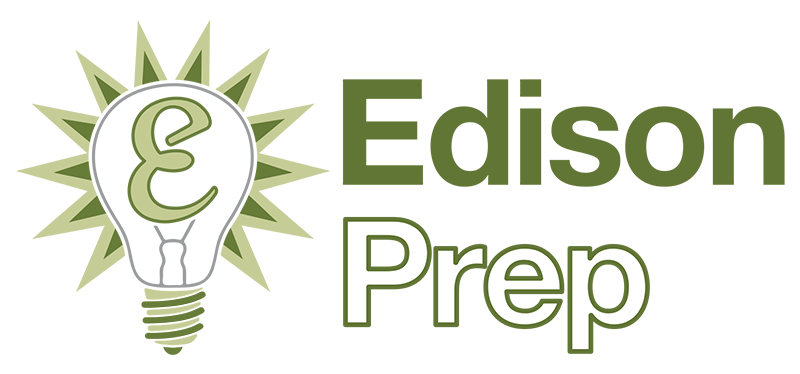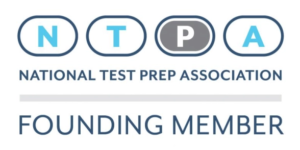The Great Opportunity and Great Peril of a High Starting Score on the SAT and ACT
Many students who come to Edison Prep for tutoring assistance are fortunate to start off with a relatively high starting (or “baseline”) test score. Today’s blog post has to do with the special blessing (or curse!) that applies to this subset of students.
Simply put, in the higher SAT/ACT score ranges, each additional question correct or incorrect has up to 250% of the impact as that same question would have had for someone with a median score. To make a golf analogy, if a player is already doing pretty well in an ongoing tournament, a couple extra birdies or bogies could greatly change the outcome (winning the round vs. not even making the cut)!
The one key observation we repeatedly see with high-scoring students is this: regardless of the number of hours of tutoring that an initially high-scoring student chooses to do, not completing significant numbers of timed tests (that are then reviewed for incorrect answers) presents the biggest risk of backsliding in one or more sections.
Once a student gets to the highest score ranges, each additional question can be worth 1 (or even 2 points!) on the ACT and 15-20+ points on the SAT.
An ACT Case Study: The impact of a dozen less questions or a dozen more questions correct
Let’s pretend Rachel has a composite ACT score of 21 (21 English / 23 Math / 20 Reading / 21 Science), or the national average. Her friend Sarah has a starting score of 29 (a score of 29 in all four sections). There are 215 questions on the ACT. Here’s what happens to each student’s score with 12 more questions correct or incorrect (3 in each section):

As you can see from the table above, the “backsliding effect” for the higher-scoring student is twice as big – 2.5 points – as that of her lower-scoring friend. The higher scoring student also goes up 40% more points upon getting a dozen more correct (+2.5 vs. +1.75).
* Utilized the scoring grid from the recent April 2011 ACT.







